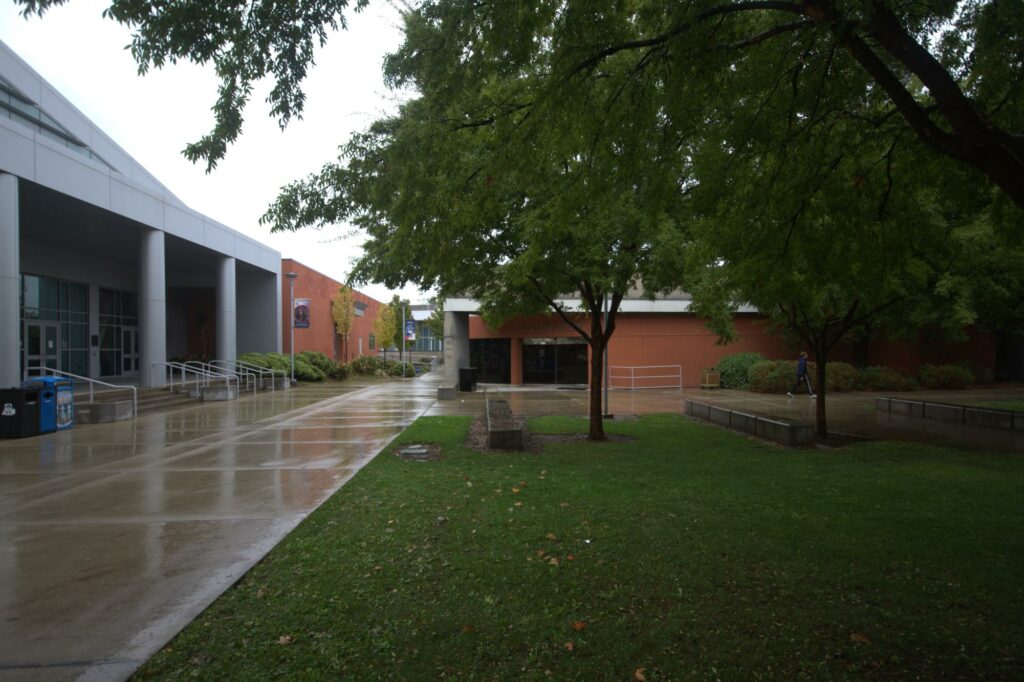Come July 1 2026, students at Cosumnes River College and Folsom Lake College will need to start obtaining their books, testing supplies and school merchandise from other sources, according to Gabe Ross, Los Rios’ chief strategy and communications officer.
Of the four campuses comprising the Los Rios Community College District, two of the physical bookstores located on the campuses are in the process of closing down. With CRC and FLC closing their bookstores, American River College and Sacramento City College bookstores will be left to take up any additional foot traffic from the other campuses—something Ross said the Los Rios district wasn’t concerned about.
“Since the COVID pandemic, our students are opting more and more for online classes,” Ross said. “Combined with an aggressive shift to free online resources for students by many faculty at our colleges, it’s made it nearly impossible for bookstore revenues to cover the costs of running four separate brick-and-mortar bookstores at our main campuses.”
According to Ross, Los Rios now has a public request for new proposals from vendors who specialize in the structure of college bookstores. The new request will focus on a model that features the two in-person bookstores at ARC and SCC going forward, with online order options available to students across all campuses.
“ARC and SCC are the two largest colleges in Los Rios, and the most centrally located. All Los Rios students will have access to these bookstores, as well as online options,” Ross said.
ARC bookstore management declined to comment on the upcoming changes and how they might affect the ARC bookstore directly.
In regards to how ARC felt about the upcoming changes, ARC’s Public Information Officer, Kaitlyn Colignon said, “We anticipate that we will be able to support both ARC students and students across Los Rios who may need to visit an in-person bookstore without issue.”
As for the spaces Cosumnes’ “Hawk’s Nest” and Folsom Lake’s “Falcon’s Roost” bookstores currently occupy, Ross says each of the colleges are working with their communities to decide how to repurpose the soon-to-be unoccupied spaces into something new to benefit their students.



